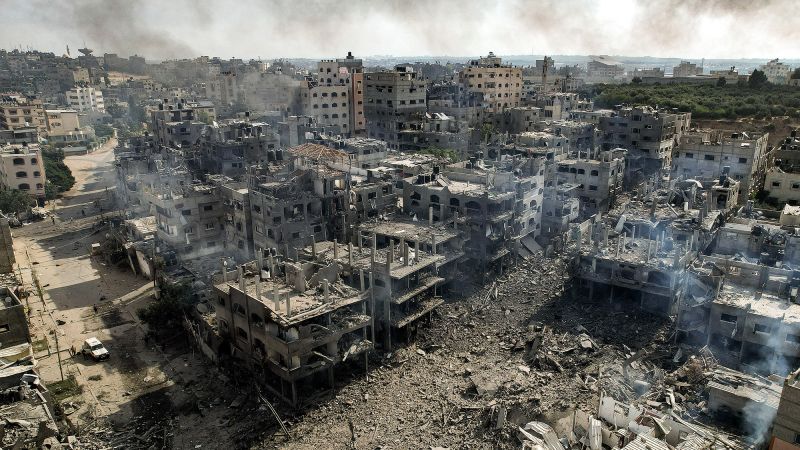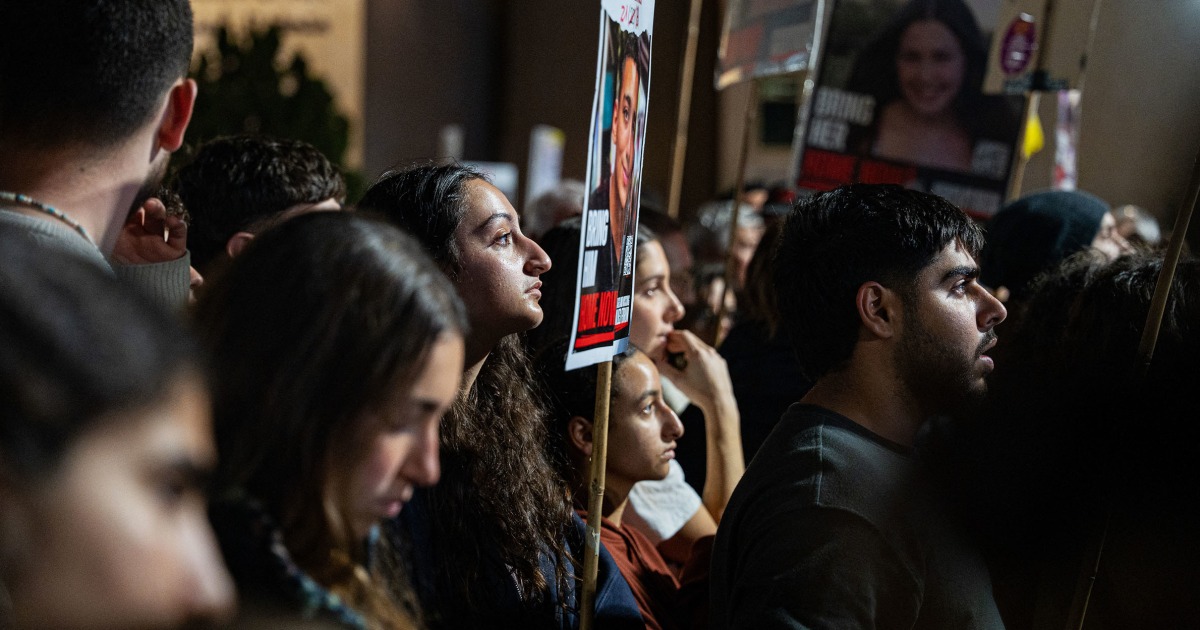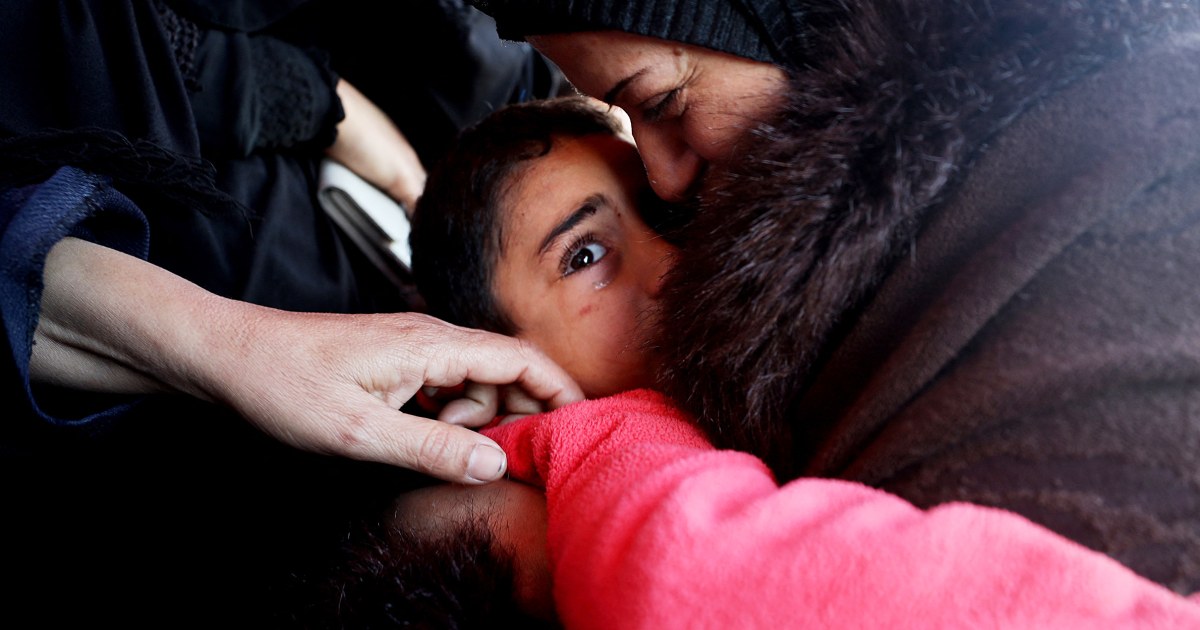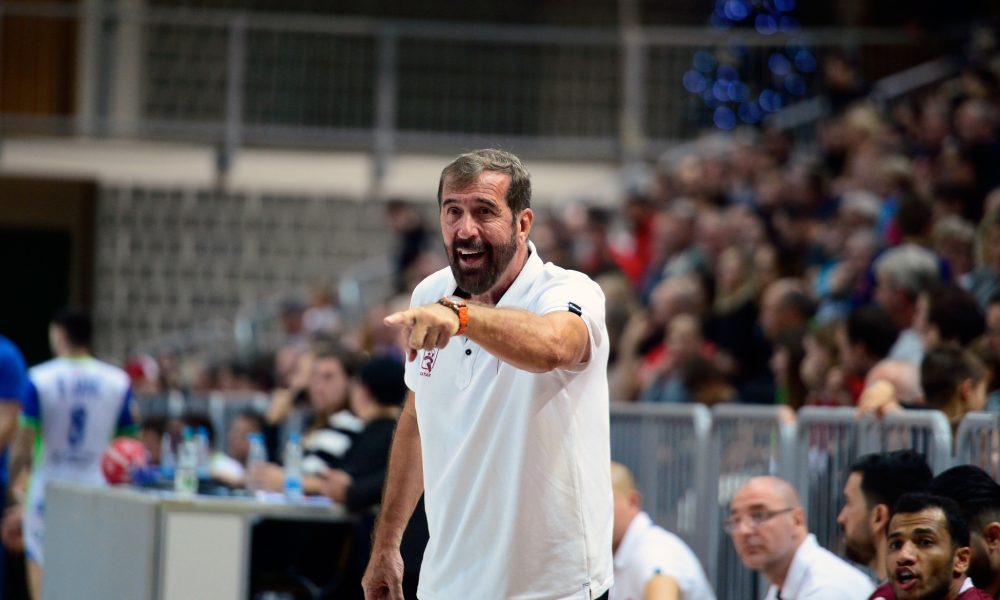Gaza ceasefire proposal: All you need to know about Qatar’s plan to end violence – Times of India

Qatar mediators have proposed a ceasefire agreement between Israel and Hamas, aiming to stop the ongoing conflict in Gaza and facilitate the exchange of hostages for Palestinian prisoners. The proposal comes after 15 months of fighting, with hopes for a breakthrough in the region.
Negotiations in Doha have reportedly made significant progress, as the international community watches closely. The timing of the talks is particularly critical, coming just a week before US President-elect Donald Trump’s inauguration.
Hostage return and phased release plan
The draft proposal outlines a two-stage process for the return of hostages. In the first phase, 33 hostages would be freed, including children, women, men over 50, and those who are injured or sick. Israel believes most of the hostages are alive but has not received official confirmation from Hamas.
The second phase, beginning on the 16th day after the agreement takes effect, would focus on releasing remaining living hostages, particularly male soldiers and men of military age, while also returning the bodies of those who have died.
Gradual Israeli troop withdrawal
As part of the deal, Israeli forces would gradually withdraw, with plans to remain stationed at the border for security purposes. Some areas, including parts of the Philadelphi corridor and the Netzarim corridor in central Gaza, would see Israeli troops pull out. North Gaza’s unarmed residents would be allowed to return under strict conditions to prevent weapons movement.
Palestinian militants convicted of deadly attacks would also be released, though the number of prisoners freed would depend on the number of hostages still alive. Hamas fighters responsible for the October 7, 2023, attacks on Israel would not be part of the release.
Increased humanitarian aid to Gaza
A significant portion of Qatar’s proposal calls for the increase of humanitarian aid to Gaza, where international bodies like the United Nations have raised alarms about a severe crisis. Although Israel allows some aid into the region, disputes over distribution and looting have complicated relief efforts.
Gaza’s future governance remains unclear
A key issue yet to be addressed is the future governance of Gaza. Israel has firmly stated that Hamas cannot play a role in Gaza’s future and has rejected the involvement of the Palestinian Authority. Israel’s position is that it will maintain security control over Gaza after the conflict ends.
Discussions have taken place between Israel, the United Arab Emirates, and the United States about the possibility of a provisional administration to govern Gaza until a reformed Palestinian Authority can take charge. However, alternatives to existing factions, such as civil society groups or clan leaders, have largely failed to gain traction.
Hope for a lasting resolution
As Qatar continues its mediation efforts, the international community remains hopeful that a lasting ceasefire and solution can be achieved, despite the many challenges that lie ahead.
Related
What we know about emerging Gaza ceasefire and hostage release…
Tel Aviv, Israel CNN — The Israeli government and Hamas say they are in the final sta
After months of agony and rage, hostage families hold out…
As negotiators neared a ceasefire agreement between Israel and Hamas on Tuesday, the families of hostages held for 15 agonizing months in the Gaza Strip said th
Gazans anxiously await ceasefire news — but with their home…
“I used to have many plans for the day after the war,” Muad Zakariy al-Kahlout, a translator, told NBC News at the Nuseirat refugee camp in central Gaza. �
Veselin Vujovic leads Qatar at WCh 2025: I don’t see…
Share Tweet Share Share Email The Qatari national team will be the fourth that Veselin Vujović will lead at World Championships, after SR Yugoslavia, Sloveni











